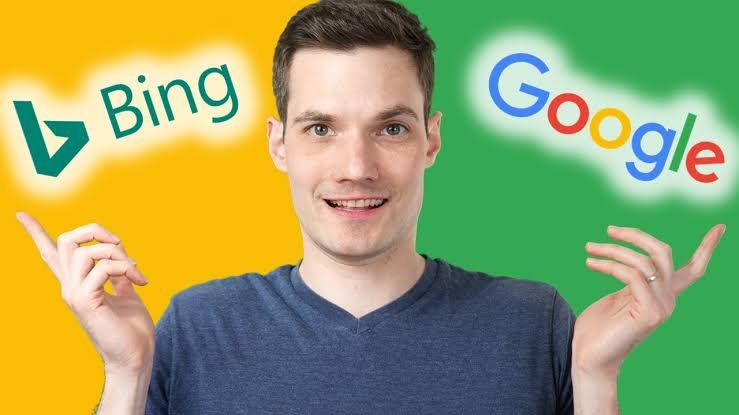Elon Musk questions OpenAI’s profit target, says he donated $100 million to company
Tesla CEO, Elon Musk, has again questioned the rationality of OpenAI becoming a profit-oriented company. This came as the billionaire said he donated $100 million to the company as a non-profit.
Musk, while responding to another tweet asking questions about why OpenAI is no longer a non-profit company, also queried the legality of the company’s decision to become a profit-based after accepting donations as a not-for-profit entity.
- “I’m still confused as to how a non-profit to which I donated ~$100M somehow became a $30B market cap for-profit. If this is legal, why doesn’t everyone do it?” Musk tweeted.
Losing focus: Last month, Musk said OpenAI was losing focus because it was created to be an open-source company, which it has now ceased to be as it goes for profit. Musk, who co-founded OpenAi, said it was created as a non-profit to counterbalance the operation of Google. The Tesla and SpaceX CEO said he purposely named the company “OpenAI” to accentuate its status as an open-source company.
“OpenAI was created as an open source (which is why I named it “Open” AI), a non-profit company to serve as a counterweight to Google, but now it has become a closed source, maximum-profit company effectively controlled by Microsoft.
“Not what I intended at all,” Musk said in February.
For the records: Musk left OpenAI’s board in 2018 and no longer holds a stake in the company. In December last year when the tool just launched, Musk described ChatGPT as “scary good”, adding “We are not far from dangerously strong AI.”
In February this year, Open AI introduced a paid version of ChatGPT as it became a profit-oriented company. The subscription for ChatGPT Plus costs users $20 every month.
The monetization of the service started just as a research report suggested that the AI tool reached an estimated 100 million monthly active users in January 2023, making it the fastest-growing consumer application in history.
In transiting from a non-profit to a profit-oriented company, OpenAI, which earlier in the week launched a higher version of its tool, ChatGPT-4 had said:
We want to increase our ability to raise capital while still serving our mission, and no pre-existing legal structure we know of strikes the right balance. Our solution is to create OpenAI LP as a hybrid of a for-profit and nonprofit—which we are calling a “capped-profit” company.
The fundamental idea of OpenAI LP is that investors and employees can get a capped return if we succeed at our mission, which allows us to raise investment capital and attract employees with startup-like equity. But any returns beyond that amount—and if we are successful, we expect to generate orders of magnitude more value than we’d owe to people who invest in or work at OpenAI LP—are owned by the original OpenAI Nonprofit entity.









